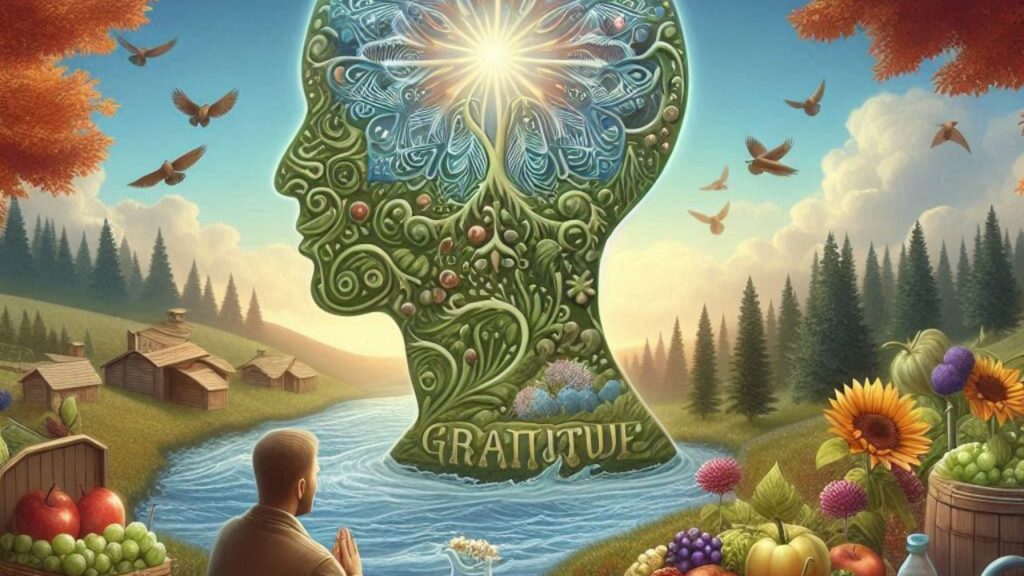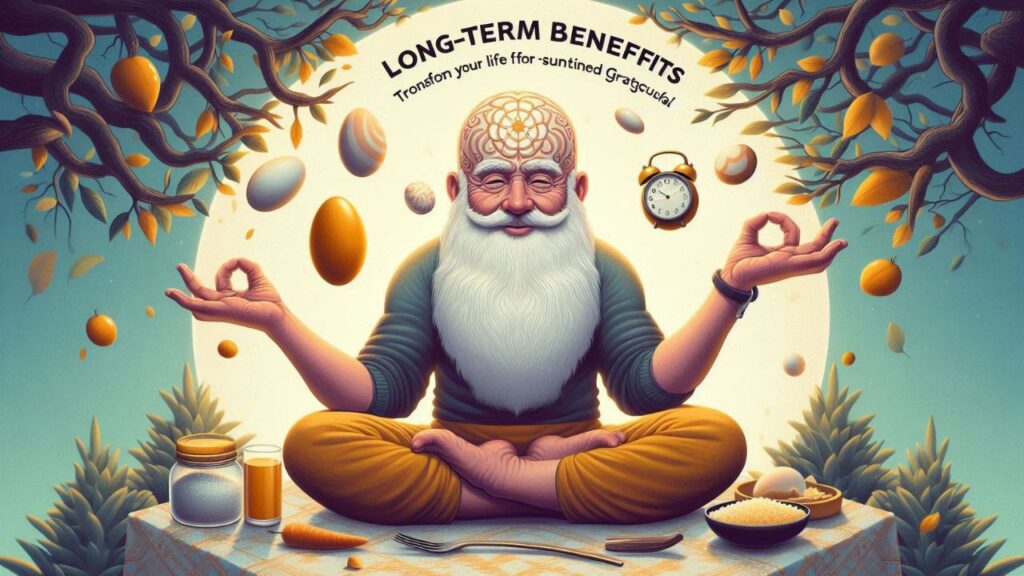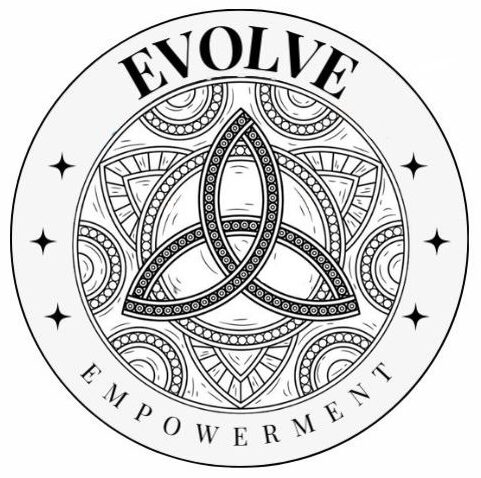Gratitude isn’t just a polite ‘thank you’ tossed out in passing. It’s a full-on mindset that can transform your brain and life. When we talk about gratitude, we’re diving into a pool of positive vibes, proven to boost mental health and overall happiness.
Research shows that regularly practicing gratitude can rewire your brain, decreasing symptoms of depression and anxiety.
Scientific studies highlight how gratitude can activate pathways in the brain linked to dopamine, a neurotransmitter responsible for those ‘feel-good’ moments.
This biochemical reaction creates a positive feedback loop, reinforcing acts of gratitude and perpetuating joy. So, it doesn’t just make you feel warm and fuzzy for a moment—it’s more like a long-lasting mental makeover.
Gratitude also has a profound impact beyond your bubble. Expressing gratitude can lead to stronger relationships and an increased sense of community.
When grateful, you’re more likely to make meaningful social connections. It encourages a culture of generosity and support wherever you go.
The infectious nature of gratitude means it transforms your own sense of well-being and spreads and uplifting those around you.
A simple thank you can revitalize families, friendships, workplaces, and even larger communities. When gratitude floats around, everyone suddenly becomes a little bit kinder and more understanding.

Appreciation in Daily Life: Recognizing the Small Things
Spotting those tiny, everyday gems isn’t always a cakewalk. With bustling schedules, it’s easy to overlook the little moments that bring joy. Start by shifting focus to the small things that often go unnoticed: the aroma of freshly brewed coffee, the peaceful silence in the early morning hours, or a shared laugh with a friend. Recognizing these can brighten your day and elevate your mood.
Mindfulness plays a crucial role in noticing the subtle details. Take a moment, breathe in deeply, and observe your surroundings. Mindfulness helps tune in to the present, enhancing your ability to see and appreciate daily wonders.
Keeping a journal is a fantastic tool for capturing these moments. Jotting down a few things you’re grateful for each day can help internalize and cherish them in the long run. Whether it’s a warm hug from a loved one or simply a sunny day, writing them down cements their impact on your psyche.
Living with gratitude becomes a lifestyle when you learn to savor these transient moments fully. Slow down to appreciate a sunset or the taste of your favorite meal. These are the everyday anchors that bring calm and joy amidst life’s chaos.

You can read similar content here.
Strategies to Cultivate Gratitude: Practical Steps to Enhance Appreciation
Setting aside time for a gratitude ritual can really anchor your day. Whether it’s five minutes in the morning to jot down what you’re grateful for, or reflecting in the evening on what went well, making gratitude a regular habit ensures it becomes second nature.
Journaling isn’t just about listing things you’re grateful for. To really get the benefit, be specific and detailed. Writing about how your neighbor’s kind gesture made you feel or how a sunny day lifted your spirits helps deepen your appreciation.
Don’t keep all that gratitude bottled up. Sharing your thanks through words can be a powerful act. Saying thanks out loud not only boosts your mood but can make someone else’s day too. Start with small acknowledgments like thanking your partner for making dinner, or an email to a colleague for their help.
Creating a gratitude-positive environment extends this practice to family and workplaces. Encourage others to share what they’re grateful for during family dinners or team meetings. This not only spreads positivity but builds a culture where appreciation and gratitude thrive.
Overcoming Obstacles: Navigating Challenges with Gratitude
It’s not all sunshine and rainbows when you start practicing gratitude, and that’s perfectly okay. Challenges can sometimes cloud your ability to see the silver linings. Identifying and understanding these barriers helps in learning how to overcome them. Common obstacles might include stress, time constraints, or even skepticism about the effectiveness of gratitude itself.
When times are tough, maintaining gratitude can feel impossible. But it’s during these challenges that gratitude can actually help the most. Recognizing even the tiniest positives during adversity can shift your perspective, turning hurdles into stepping stones.
There are countless stories of folks who’ve used gratitude to navigate life’s rough patches. Like the parent who found relief in daily reflection or the business owner who credited gratitude practices for her company’s comeback. Real examples offer inspiration and show what’s possible when you stick with it.
Part of the magic of gratitude is turning potential setbacks into learning experiences. When things don’t go as planned, look for the hidden lessons. This mindset transformation can convert apparent failures into valuable growth opportunities. Ultimately, building resilience through gratitude means you not only bounce back but actually move forward, stronger than before.

Long-term Benefits: Transform Your Life through Sustained Gratitude
Dedicating yourself to a gratitude practice over time isn’t just a short sprint to a better mood—it’s a marathon leading to a richer and more fulfilling life. The lasting impact of maintaining gratitude is evident in various areas of personal and professional growth.
Those who’ve woven gratitude into the fabric of their daily lives often share stories of profound transformation. Imagine more than just fleeting moments of happiness, but an overall increase in life satisfaction and perspective. Gratitude has this uncanny ability to shift your worldview for the long haul.
One of the most beautiful outcomes of sustained gratitude is personal growth. As you continue to acknowledge and savor positive experiences, you’ll notice a boost in self-awareness and empathy. These traits are key to nurturing deeper relationships and creating a supportive community around you.
As you walk this path, remember that sharing your journey inspires others to begin their own. Encourage friends and family to explore gratitude. Lead by example, and soon you’ll find yourself part of a network of grateful folks, each reaping the benefits of a more fulfilled life together.
FAQ:
1️⃣ What are the psychological benefits of practicing gratitude?
Practicing gratitude regularly can reduce symptoms of depression and anxiety, improve overall mood, and increase life satisfaction. Studies show it rewires neural pathways linked to dopamine, creating a long-lasting positive feedback loop.
2️⃣ How can I start a daily gratitude practice?
Begin by setting aside a few minutes each day to reflect on what you’re grateful for. Journaling specific events, expressing thanks to others, or simply savoring small moments like a sunrise or a kind word can make a big difference.
3️⃣ Can gratitude improve my relationships?
Yes. Expressing gratitude strengthens personal and professional relationships by fostering empathy, trust, and mutual appreciation. It creates a positive atmosphere that encourages generosity and support.
4️⃣ What should I do if I struggle to feel grateful during tough times?
Acknowledge the difficulty but focus on finding small positives, even in adversity. This mindset shift can help transform challenges into learning experiences, build resilience, and maintain emotional balance.
5️⃣ Is there scientific evidence supporting gratitude’s long-term benefits?
Absolutely. Research in positive psychology confirms that sustained gratitude practice leads to improved mental health, stronger relationships, and greater overall life satisfaction over time.
Bibliography
- Emmons, R. A., & McCullough, M. E. (2003). Counting blessings versus burdens: An experimental investigation of gratitude and subjective well-being in daily life. Journal of Personality and Social Psychology, 84(2), 377–389.
- Seligman, M. E. P. (2002). Authentic Happiness: Using the New Positive Psychology to Realize Your Potential for Lasting Fulfillment. Free Press.
- Watkins, P. C. (2014). Gratitude and the Good Life: Toward a Psychology of Appreciation. Springer.
- Wood, A. M., Froh, J. J., & Geraghty, A. W. A. (2010). Gratitude and well-being: A review and theoretical integration. Clinical Psychology Review, 30(7), 890–905.

